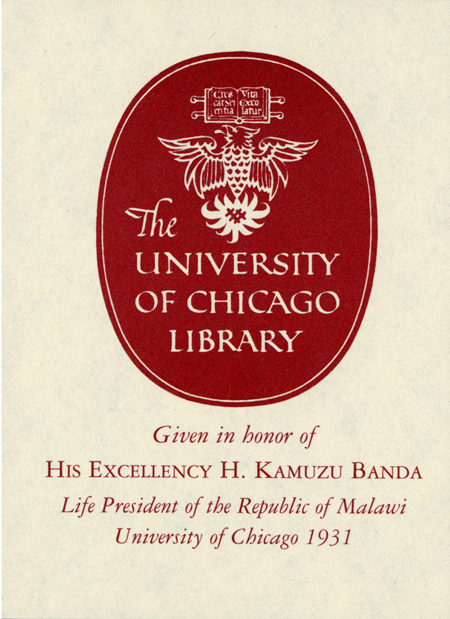HIV/AIDS in Sub-Saharan Africa : politics, aid and globalization /
Saved in:
| Author / Creator: | Flint, Adrian. |
|---|---|
| Imprint: | Houndmills, Basingstoke, Hampshire ; New York : Palgrave Macmillan, 2011. |
| Description: | xiv, 211 p. : maps ; 23 cm. |
| Language: | English |
| Subject: | |
| Format: | Print Book |
| URL for this record: | http://pi.lib.uchicago.edu/1001/cat/bib/8400824 |
Table of Contents:
- List of Tables and Maps
- Acknowledgements
- List of Acronyms and Abbreviations
- Introduction
- Is Africa a special case?
- Political leadership and HIV/AIDS
- Too much or too little? International responses
- Gender and HIV/AIDS
- Traditional medicine
- Profiting from misery?
- The politics of prevention
- The politics and governance of HIV/AIDS
- Chapter 1. Sex and Disease: A Historical Perspective
- Africa's lack of healthcare infrastructure
- Communicable diseases become diseases of poverty
- Communicable disease, paternalism and control
- The discourse of sex and disease in Africa
- A precursor to HIV/AIDS discourse: Syphilis in colonial Africa
- Conclusion
- Chapter 2. The Origins of HIV/AIDS
- A new disease
- 'Plague' and the language of HIV/AIDS
- A 'gay plague'
- Locating the origins of HIV
- Human agency and the origins of the virus
- Charting the African pandemic
- Conclusion
- Chapter 3. Gender, Violence and the Spread of HIV/AIDS
- The interface between gender-based violence and HIV/AIDS
- Problematizing gender-based violence
- Politicizing HIV/AIDS and gender
- Masculinity and the imposition of gender hierarchies
- Conclusion
- Chapter 4. Policymaking, Dissidents and Denialists
- Questioning scientific 'dogma'
- The dissidents and their views
- A case for censorship?
- Thabo Mbeki's right to dissent
- The harm principle
- Conclusion
- Chapter 5. Traditional Medicine and the Politics of the 'Witchcraft Paradigm'
- Engaging with traditional medicine
- Towards an African view of disease
- Further social functions of the 'witchcraft paradigm'
- The role of traditional healers
- Efficacy of traditional medicine
- Bringing traditional healers and traditional medicine on side
- Conclusion
- Chapter 6. The International Response: Multilateral and Unilateral Approaches
- PEPFAR, MAP and the Global Fund
- Quantifying the efficacy of PEPFAR
- Framing HIV/AIDS as a security threat: The Clinton administration
- Framing HIV/AIDS as a moral crusade: The Bush Administration
- PEPFAR under the Obama administration
- HIV/AIDS: A cause célèbre?
- Conclusion
- Chapter 7. Morality, Behavioural Change and the Search for a 'Social Vaccine'
- Healthcare provision by faith-based groups
- Faith-based organizations and the fight against HIV/AIDS
- Behavioural change versus risk reduction
- The 'Ugandan miracle'
- Analysing the extent of behavioural change in Uganda
- Gender hierarchies, behavioural change and risk reduction
- Conclusion
- Chapter 8. Governance, the International Trading System and Access to Antiretrovirals
- Big Pharma, profits and the poor
- Drug prices and universal access to ARVs
- Protecting intellectual property rights
- Big Pharma's role in shaping TRIPS
- The Big Pharma perspective: Innovation and research and development
- Making use of loopholes: TRIPS and compulsory licensing
- Big Pharma's role in shaping the US TRIPS-plus agenda
- Big Pharma and the US undermine TRIPS flexiblities
- The accessibility of second-line therapies
- Conclusion
- Conclusion
- Notes
- Bibliography
- Index


